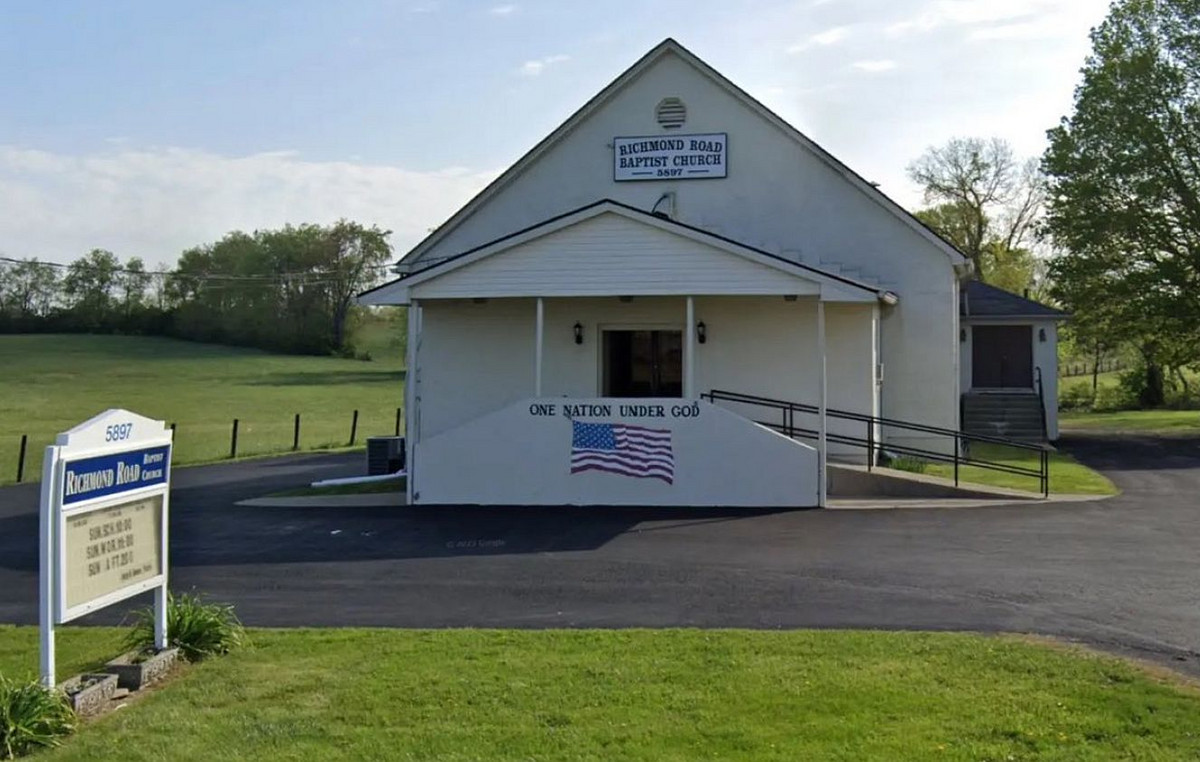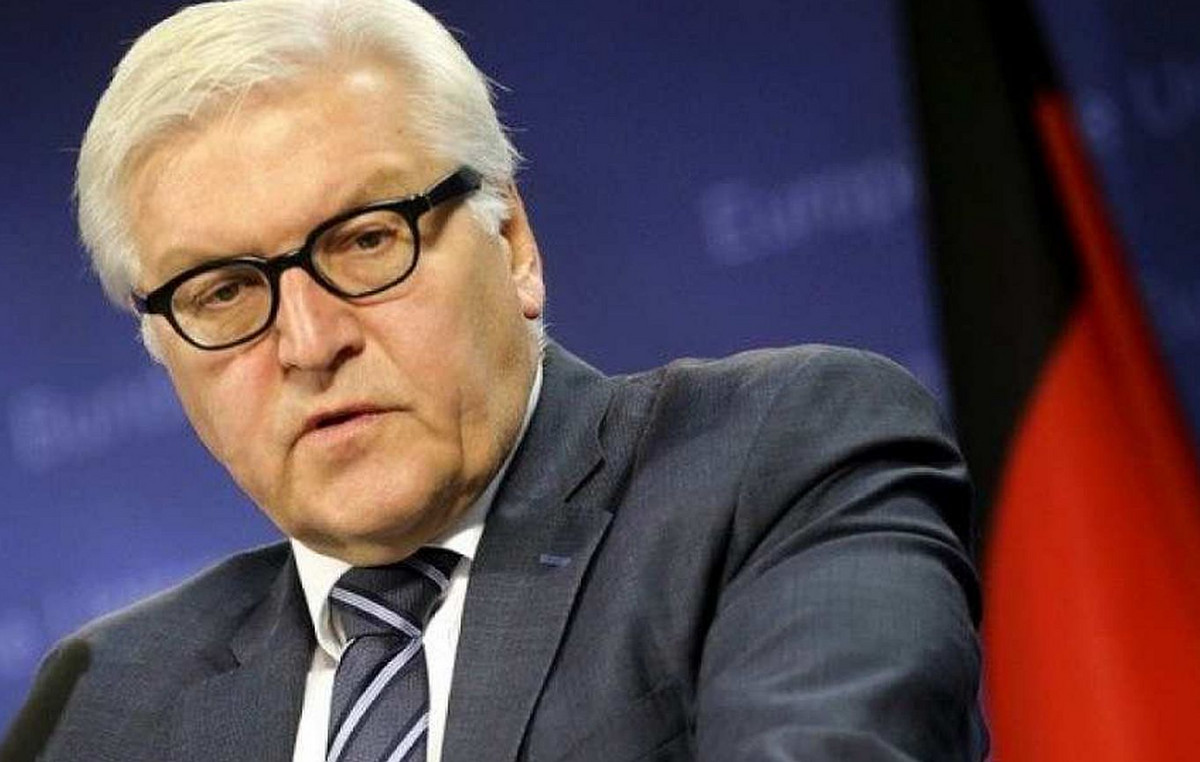One of the most common resolutions of the beginning of the week is to lose weight, especially after the chocolate overdose that Easter can provide. And if you want to be successful in that mission, there’s something you need to know: diet is way more important than exercise – by far.
“It couldn’t be more true”, says the nutritionist and CNN Lisa Drayer. “Basically, what I always tell people is that what you get out of your diet is way more important than how much you exercise.”
Think of it this way: all of your “calories received” come from the foods you eat and the drinks you drink, but only a portion of your “calories burned out” are lost through exercise.
According to Alexxai Kravitz, a researcher at the US National Institute of Diabetes and Digestive and Kidney Diseases, “It is generally accepted that there are three main components to energy expenditure”:
- Basal metabolic rate, the amount of energy needed just to keep your body working (blood pumping, lung breathing, brain functioning)
- Breakdown of food, scientifically referred to as “diet-induced thermogenesis”, “specific dynamic action” or “thermal effect of food”
- Physical activity
For most people, basal metabolic rate accounts for 60% to 80% of total energy expenditure, Kravitz said. He cited a study that defines this as “the minimum rate of energy expenditure compatible with life.” As you get older, your rate decreases, but increasing your muscle mass causes it to increase.
About 10% of your calories are burned by digesting the foods you eat, which means about 10% to 30% are lost through physical activity.
“An important distinction here is that this number includes all physical activity: walking, typing, bouncing, and formal exercise,” Kravitz said. “So if the total energy expenditure of physical activity is 10% to 30%, exercise is a subset of that number.
“The average person – excluding professional athletes – burns 5% to 15% of their daily calories through exercise,” he said. “It’s not irrelevant, but it’s not the same as food intake, which accounts for 100% of the body’s energy intake.”
What’s more, as anyone who’s worked out a day in their life can tell you, exercise increases your appetite—and that can sabotage even the best of intentions.
According to Harvard Medical School calculations, a person weighing 85 kilograms burns 200 calories in 30 minutes of walking at 6 km/h (a pace of 10 minutes per km). You could easily undo all that hard work by eating four chocolate chip cookies, one and a half scoops of ice cream, or less than two glasses of wine.
Even a vigorous spinning class, which can burn over 700 calories, can be completely nullified with just a few mixed drinks or a piece of cake.
“It’s so disproportionate to the amount of time you would need to exercise to burn off those few bits of food,” Drayer said.
The feeling here is that you “earned” what you eat after working out, when instead – if your goal is to lose weight – it would be better not to work out and simply eat less.
Of course, not all calories are created equal, but to put it simply, 3,500 calories equals 1 pound of fat. So, to lose 1 pound a week, you must cut 500 calories every day. If you drink soda, cutting it out of your diet is one of the easiest ways to get there.
“The other thing is that exercise can increase your appetite, especially with prolonged resistance exercise or weight lifting,” Drayer said. “It’s another reason why I tell people who want to lose weight to really focus on diet first.”
It’s cliché – but also true – that slowly and steadily wins the race when it comes to weight loss. According to the US Centers for Disease Control and Prevention, “evidence shows that people who lose weight gradually (about 500 grams to 1 kg per week) are more successful at maintaining their weight.”
“All of this is not to say that exercise doesn’t have its place,” Drayer said. “It is certainly important to build strength, muscle mass and flexibility. It can help control diseases, including heart disease and diabetes. It can improve your mood. It can help fight depression. But while exercise can help with weight loss, diet is a much more important lifestyle factor.”
As the American saying goes: abs are made in the kitchen, not the gym.
Source: CNN Brasil







